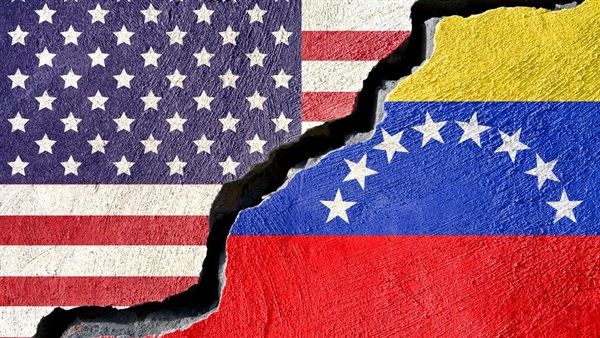Venezuela Responds to U.S. Military Movements by Deploying Warships and Drones

In response to the U.S. military approach in the Caribbean region, Venezuela announced on Tuesday, August 26, the deployment of warships and drones in its territorial waters. This response came after the United States announced the deployment of missile destroyers under the pretext of combating drug trafficking.
In this regard, Venezuelan Defense Minister Vladimir Padrino stated in a video recording: "Naval patrols have been sent to the Gulf of Venezuela and larger ships to the northern part of our territorial waters," also noting the "dispatch of a large number of drones on multiple missions."
This military escalation comes amid rising tensions between the two countries. Several American media outlets reported that the Pentagon intends to send 4,000 naval personnel to the Caribbean region off the coast of Venezuela. Washington had announced last week the deployment of three missile destroyers in the area, which was later clarified, according to an American official who requested anonymity on Tuesday, that Washington also deployed a "guided cruise missile ship and a fast-attack nuclear submarine."
Caracas views these steps as an "escalation of hostile actions." The two capitals have faced years of tension, with U.S. President Donald Trump increasing pressure on his Venezuelan counterpart Nicolás Maduro, whose re-election in 2018 was not recognized by the United States.
The U.S. administration has also raised the reward to $50 million for any information leading to Maduro's arrest, whom they accuse of leading a "cartel based on drug terrorism."
For its part, Venezuelan authorities confirmed their determination to confront this "aggression." President Maduro announced the activation of a "special plan with more than 4.5 million armed individuals," denouncing what he described as an American attempt to "change the regime" in his country and a "military terrorist attack."
It is noteworthy that Venezuela had announced on Monday the mobilization of 15,000 security personnel on its border with Colombia as part of operations to combat drug trafficking.